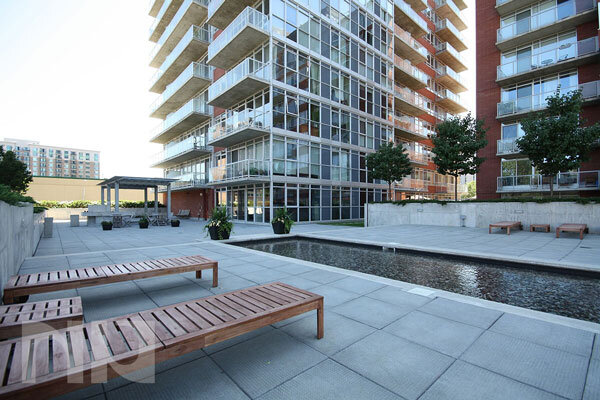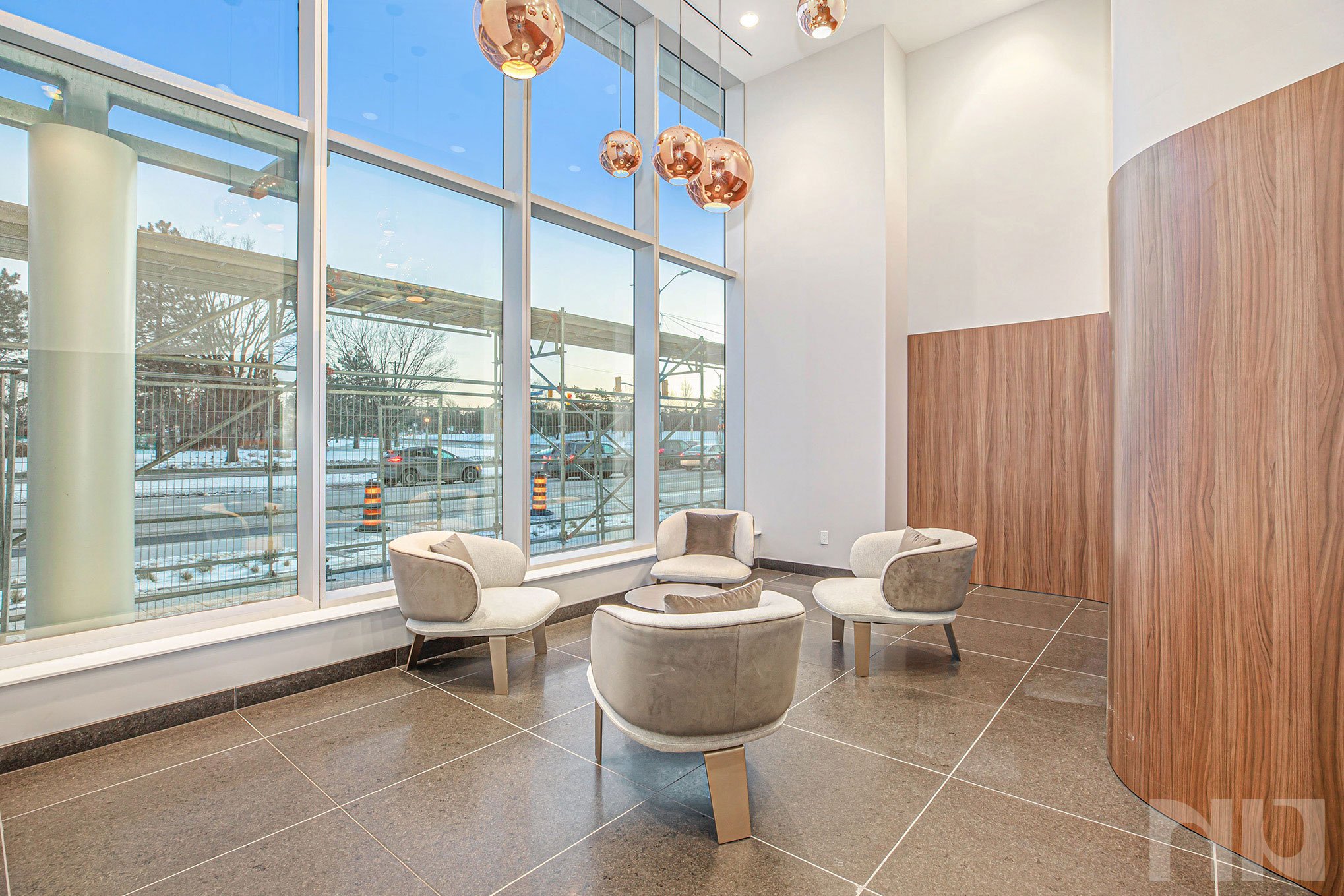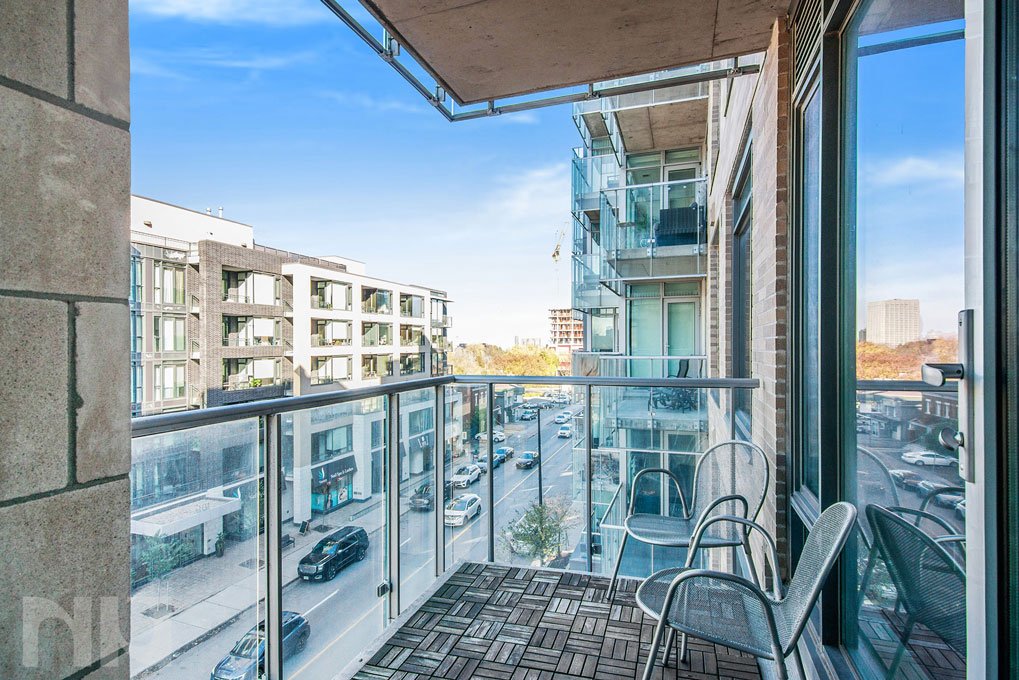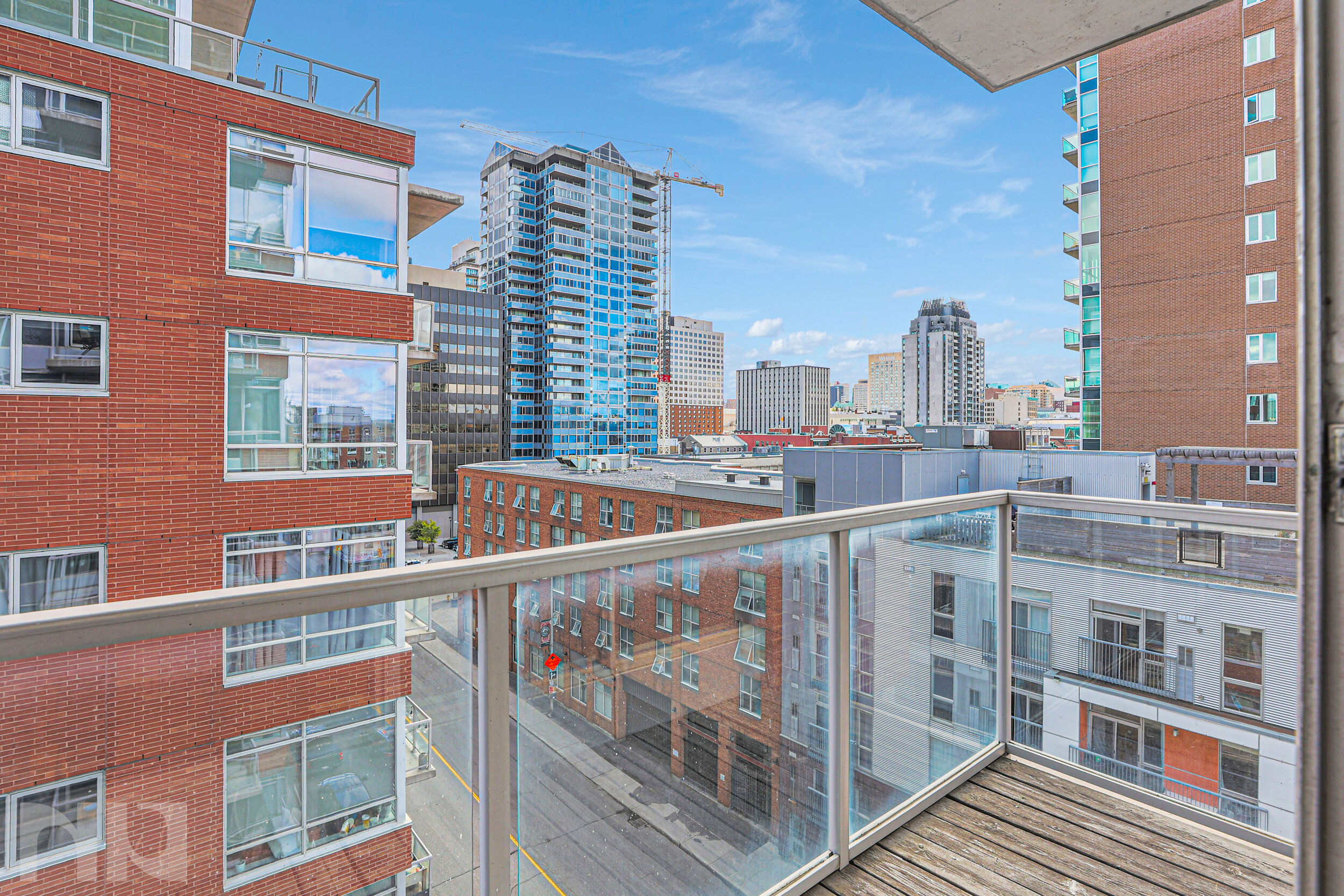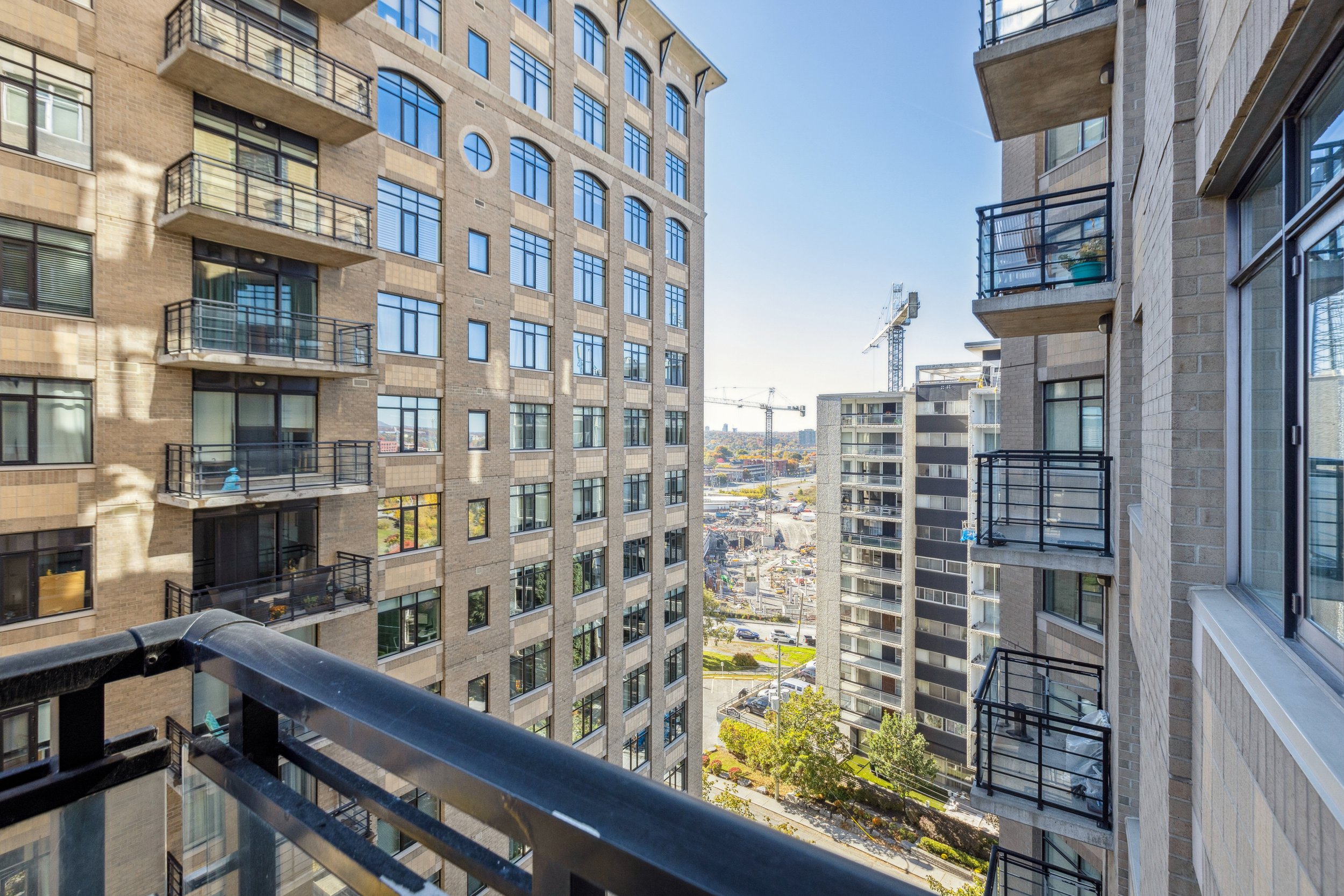Every month we take a closer look and drill down the sales data of Ottawa condos from the previous month. Here are the statistics for July 2024 in the top five "downtown" areas - Centretown, Byward Market and Sandy Hill, Little Italy (which includes Lebreton Flats), Hintonburg, and Westboro. The information will be specific to apartment-style condominiums, and only what is sold through the MLS. Also important to note that DOM (Day's On Market) is calculated to include the conditional period, which in Ottawa is roughly 14 days for almost every single transaction.
Ottawa’s MLS® Market Shows Positive Trends Moving into Summer
In July 2024, the MLS® System of the Ottawa Real Estate Board (OREB) recorded 1,241 home sales, reflecting a 13.6% increase from July 2023. This rise in sales is noteworthy, especially considering the typical seasonal slowdown that often occurs during the summer months. This suggests that market activity may be picking up momentum, which could continue as we move further into the year.
Despite this growth, it's important to contextualize these numbers. Home sales were still 7.1% below the five-year average and 8.8% below the 10-year average for July. This indicates that while there is an improvement compared to last year, the market has not yet fully returned to its historical norms. However, the year-to-date sales figures, which totalled 8,349 units by July 2024, represent a 5.5% increase from the same period in 2023, showing a sustained improvement over the course of the year.
OREB President Curtis Fillier highlights the importance of buyer confidence in this trend. As buyers regain confidence, likely due to stabilizing economic conditions and recent policy changes, they are re-entering the market. Meanwhile, sellers are responding by listing more properties, contributing to a more dynamic market. However, the extent of future sales growth will depend largely on the types of properties available and their price points. Persistent issues like supply constraints and affordability challenges continue to limit the market's full potential.
The recent policy developments, including two interest rate cuts by the Bank of Canada and the federal government’s introduction of 30-year amortization periods for first-time homebuyers of newly built homes, are expected to further stimulate demand. These changes make homeownership more accessible for certain segments of buyers, particularly first-timers. However, as Fillier points out, these measures primarily address the demand side of the equation. The supply side remains a critical issue, with Ottawa and other cities across Canada needing more concrete actions to increase housing availability.
The Bank of Canada’s Monetary Policy Report points to municipal zoning restrictions and high development fees as significant barriers to increasing the housing supply. This is a longstanding issue that impacts not just Ottawa but cities nationwide. Recent data from the Ontario government underscores the severity of the problem in Ottawa, which has only achieved 12.7% of its 2024 housing starts target, with 1,593 homes built out of the 12,583 goal. This shortfall suggests that without substantial changes in zoning laws or reductions in development fees, the city will continue to struggle with meeting its housing needs.
By the Numbers – Prices:
The MLS® Home Price Index (HPI) provides a detailed view of price trends, offering a more accurate measure than simple average or median prices. In July 2024, the overall MLS® HPI composite benchmark price was $648,900, which is a slight increase of 0.1% from July 2023. This indicates that while prices have stabilized compared to last year, the market is not seeing significant appreciation, reflecting a balanced state between buyers and sellers.
The benchmark price for single-family homes was $734,700, showing a minor decrease of 0.1% year-over-year. This could be a sign that higher-end buyers are exercising caution or that there is a surplus in this segment of the market, leading to slightly lower prices.
In contrast, the benchmark price for townhouses and row units increased by 3.4%, reaching $506,100. This rise suggests that more buyers are turning to these property types as a more affordable alternative to single-family homes, driving up demand and prices in this category.
The benchmark price for apartments was $422,800, down 0.9% from the previous year. This slight decline could reflect shifts in buyer preferences or market saturation in certain areas, particularly if new apartment developments have recently been completed.
The average home price in July 2024 was $679,610, which is a 2.1% decrease from July 2023. However, the year-to-date average price stands at $681,082, representing a 1.0% increase from July 2023. This suggests that while there may have been fluctuations in monthly averages, the overall trend for the year indicates modest price growth.
The total dollar volume of home sales in July 2024 was $843.3 million, an 11.3% increase from July 2023. This growth in dollar volume, despite the decrease in average prices, suggests that the increase in the number of transactions has compensated for the slight dip in prices, indicating a healthy level of market activity.
OREB advises that while average sale prices are useful for identifying trends, they do not directly translate to changes in the value of individual properties. Prices can vary significantly depending on the neighbourhood, and the overall average may be influenced by the mix of properties sold in any given month.
By the Numbers – Inventory and New Listings:
There was a 17.1% increase in new listings compared to July 2023, with 2,231 new residential listings recorded in July 2024. This increase in new listings is encouraging, as it suggests that more sellers are willing to enter the market, likely in response to the steady demand. These new listings were 6.3% above the five-year average and 6.9% above the 10-year average for July, further indicating that seller activity is strong compared to historical norms.
Active residential listings reached 3,480 units at the end of July 2024, a significant 37.0% increase from July 2023. This rise in active listings could indicate that while more homes are coming onto the market, not all are being absorbed immediately, leading to a buildup in inventory. Active listings were 50.6% above the five-year average but 2.3% below the 10-year average, which suggests that while current inventory levels are high, they are not unprecedented.
The months of inventory, a key indicator of market balance, stood at 2.8 by the end of July 2024, up from 2.3 in July 2023. This figure represents the amount of time it would take to sell the current inventory at the current rate of sales. An increase in months of inventory typically indicates a shift towards a more balanced market, or even a buyer’s market, where buyers have more choices and potentially more negotiating power.
Overall, the Ottawa real estate market is showing signs of resilience and gradual recovery, with increases in sales and listings indicating renewed activity. However, ongoing supply challenges and affordability issues will need to be addressed to sustain this momentum in the long term.
Important to note is that these statistics can only be as accurate as there are condos sold in Ottawa. The more condos sold in an area, the more accurate the averages will be.
Want to chat about your options? Fill out the form at the bottom of the page, or text/call us directly at 613-900-5700 or fill out the form at the bottom of the page.
Do you have any questions about how this information affects your investment or looking for more information to make the best decision about your purchase? Let’s chat! Fill out the form on the bottom of the page.




















